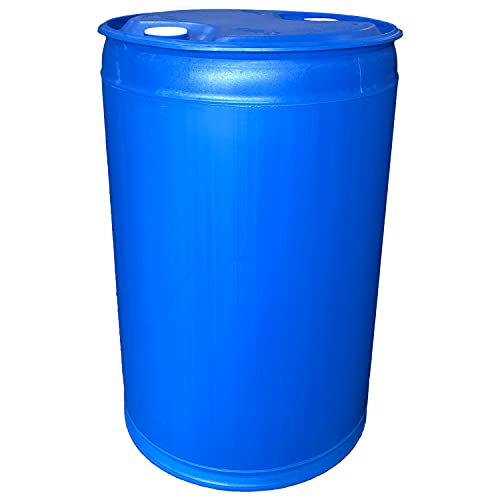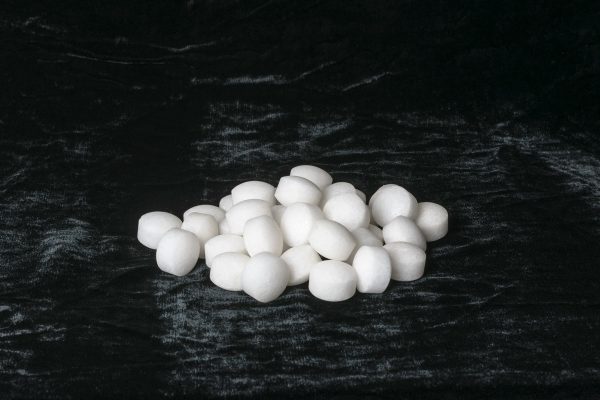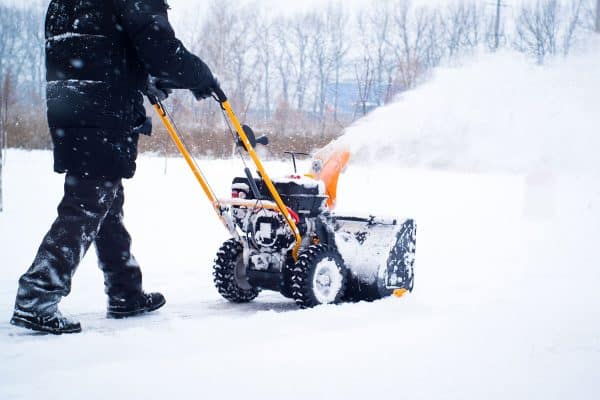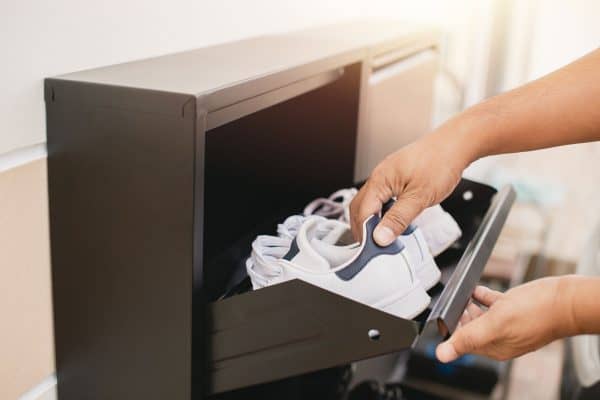Water is essential to our survival. Storing tap or drinkable water for emergencies is always a wise route to take--you can never be too prepared! But is it okay to store water for a long time? Does water ever go bad? How do you ensure that it stays safe for use? We have researched answers to find out.
You can store tap water for a long time as long as it is properly sealed and placed in a cool, dark place. In theory, filtered and unopened water can be stored indefinitely so you won't have to worry about contamination in emergency situations. However, tap water that has been left outside can likely become contaminated within 1-3 days
There are many safety precautions you need to note when you intend to store water long-term. You might also be wondering how you can conserve them better for both environmental and emergency reasons. If you are interested to learn more about water storage, keep reading below.
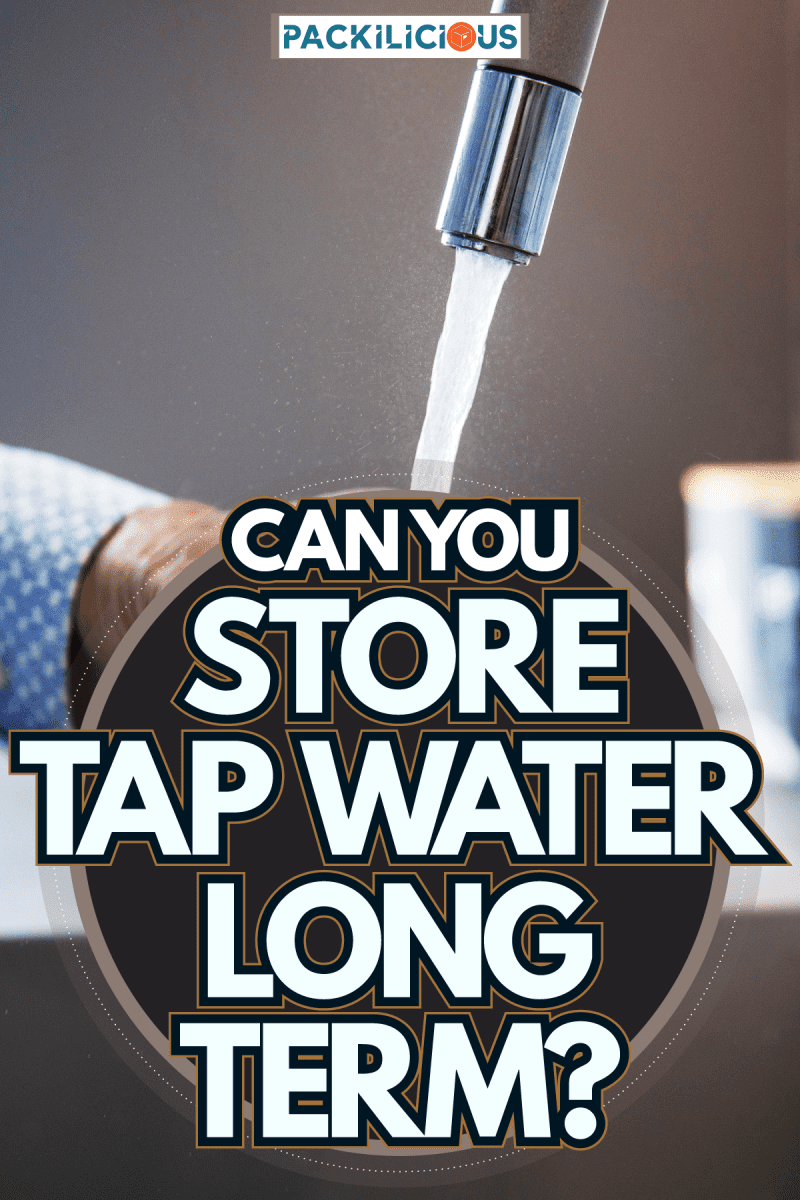
Reasons to Store Water
With the effects of climate change slowly but surely making their way upon us, we have to be prepared for natural disasters and the potential for higher pollution levels.
But even if natural disasters aren't the reason, you still need to be prepared for other situations such as when the water supplies in your area freeze, break, or become contaminated.
Humans can't survive without water, so having emergency supplies can be the difference between life and death. Of course, you need to make sure that the tap water is drinkable, so you may want to invest in portable filters and water purifiers.
Do You Need to Disinfect Stored Water?
Stored water that came from a public water supply doesn't need to be disinfected unless there was a contamination notice. Water that came from untested sources will need to be disinfected through boiling, chemical disinfection, or chlorination.
Boiling
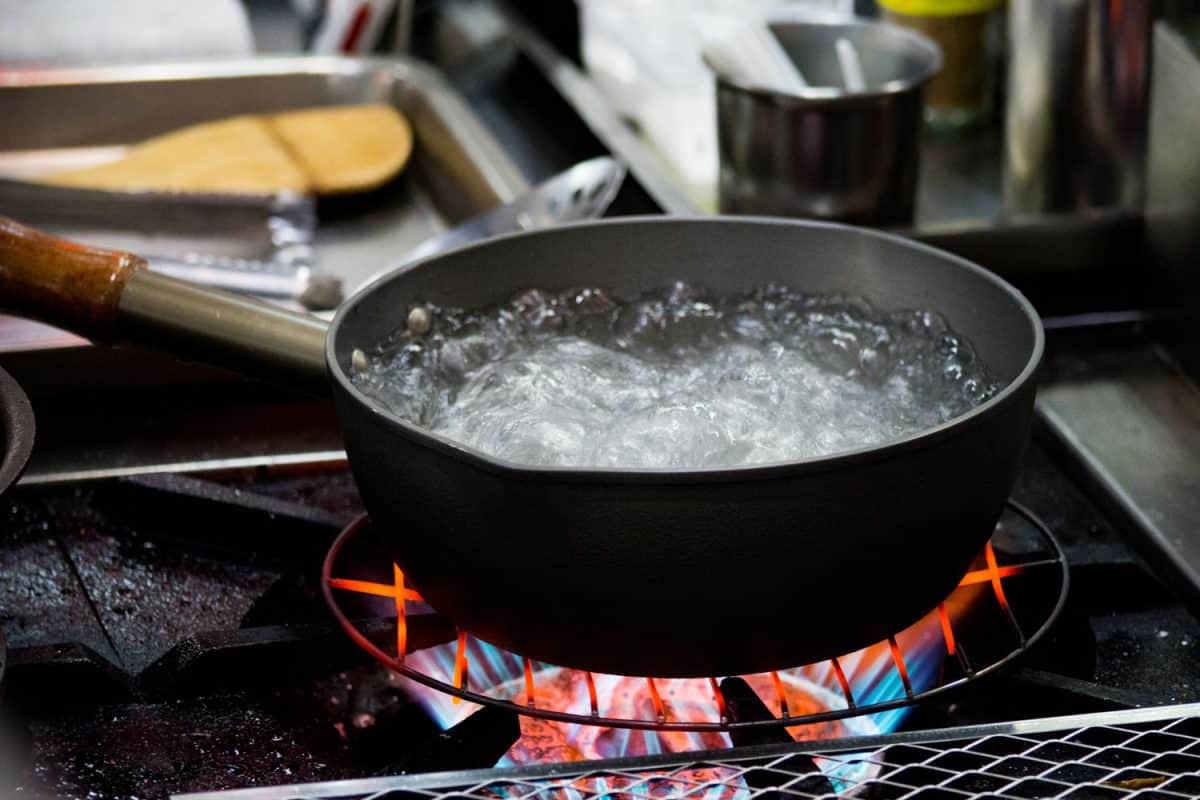
Boiling the water for two minutes from the time it starts to cook should eliminate harmful pathogens and microorganisms. You can boil it longer if you want to be extra safe, but not more than five minutes.
If you have large amounts of stored water, boiling may be counterproductive. Chemical disinfection would be ideal in this case.
Chemical & Chlorination
Chemical disinfection would require the application of chlorine and iodine tablets. This may seem unthinkable at first since we often associate chlorine water with pool water, but chlorine is actually often used to clean drinking water from our public water supply systems.
Chlorine will be effectively killing disease-causing bacteria in drinking water. Make sure to put 4 milligrams of chlorine per liter of water to kill any organisms and safely use your tap water.
If you are still second-guessing using chlorine to clean water, you can use Iodine as an alternative. Simply add 5 drops of iodine to a quart of water. If the water appears to have blurred, add 10 drops and let it sit for 30 minutes.
Can Sunlight be Used to Disinfect Water?
Surprisingly, solar water disinfection is an effective method to clean your water--and it's free! During emergency situations where you don't have access to chemical disinfectants, you can store your water in clear plastic bottles and have them face the sun. Make sure to shake the water for oxygenation.
Take note that this method doesn't work with cloudy water--you need to have that filtered first. This method will only reduce the number of bacteria, viruses, and pathogens in your drinking water.
Doing this will also take you about six hours, so the method may not be efficient and should only be used in emergency situations.
How To Keep Water Safe in Opened Container
Once the container is opened, there is already a risk of contamination. Make sure to refrigerate it once you have access to a power supply. If power is not available, make sure to consume the water within three days and keep it in a cool, dark place away from the reach of animals or children.
You can extend the life of water by transferring the water into a sealed and airtight container. You can also get food-grade containers to avoid contamination.
How To Store Emergency Water Supply
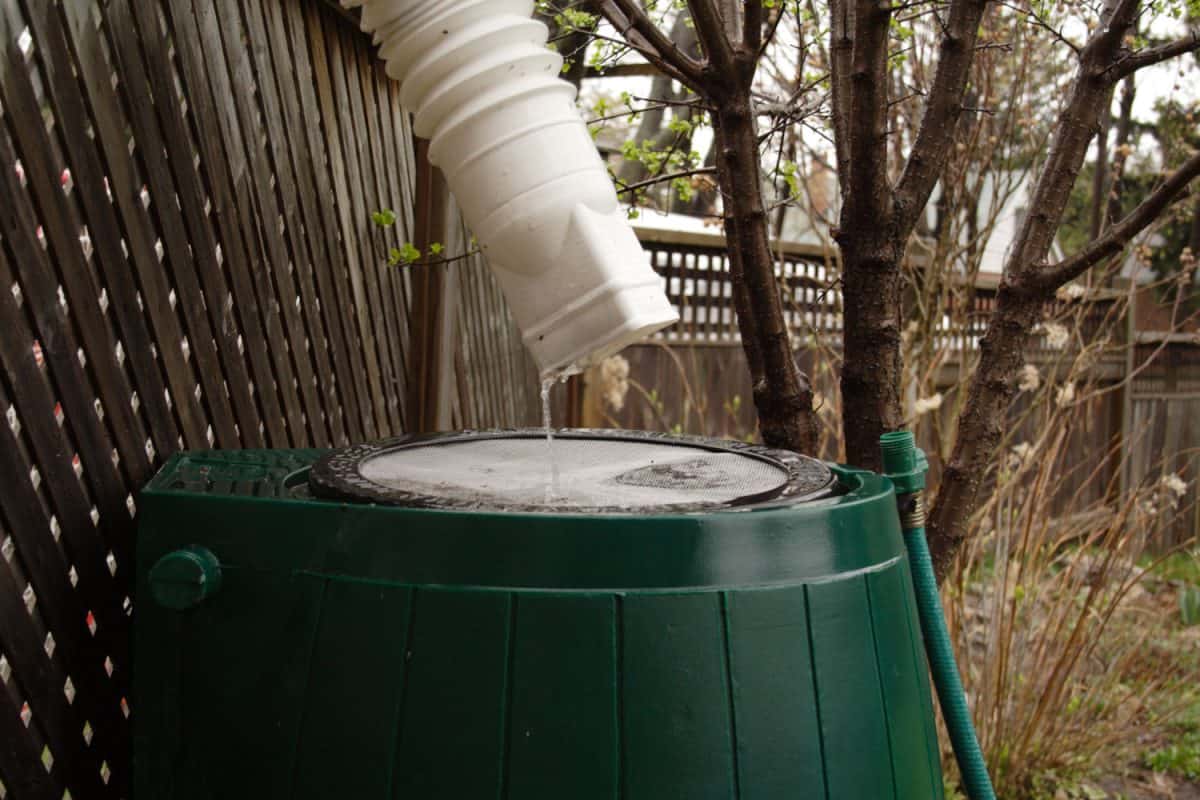
During emergencies, you will need to have a water supply that can last for up to two weeks or more. Be sure to prepare a gallon of water per person per day, since a person will need that to both maintain hygiene and hydration.
Don't forget to secure a water supply for your pets as well. Without water for 3 days, pets can likely die of thirst.
The first step to securing your water is to have containers that can protect it from contaminants--mainly food-grade plastic bottles. Make sure that the water can be sealed since bacteria can easily grow in contaminated water.
Steel containers can be used as a last resort, but it is generally not recommended since they can corrode chemical disinfectants should you need them. Avoid containers that have previously been used to store dairy or fruit juice since even the smallest residue can cause bacteria to grow in the water.
Store in Water Barrels
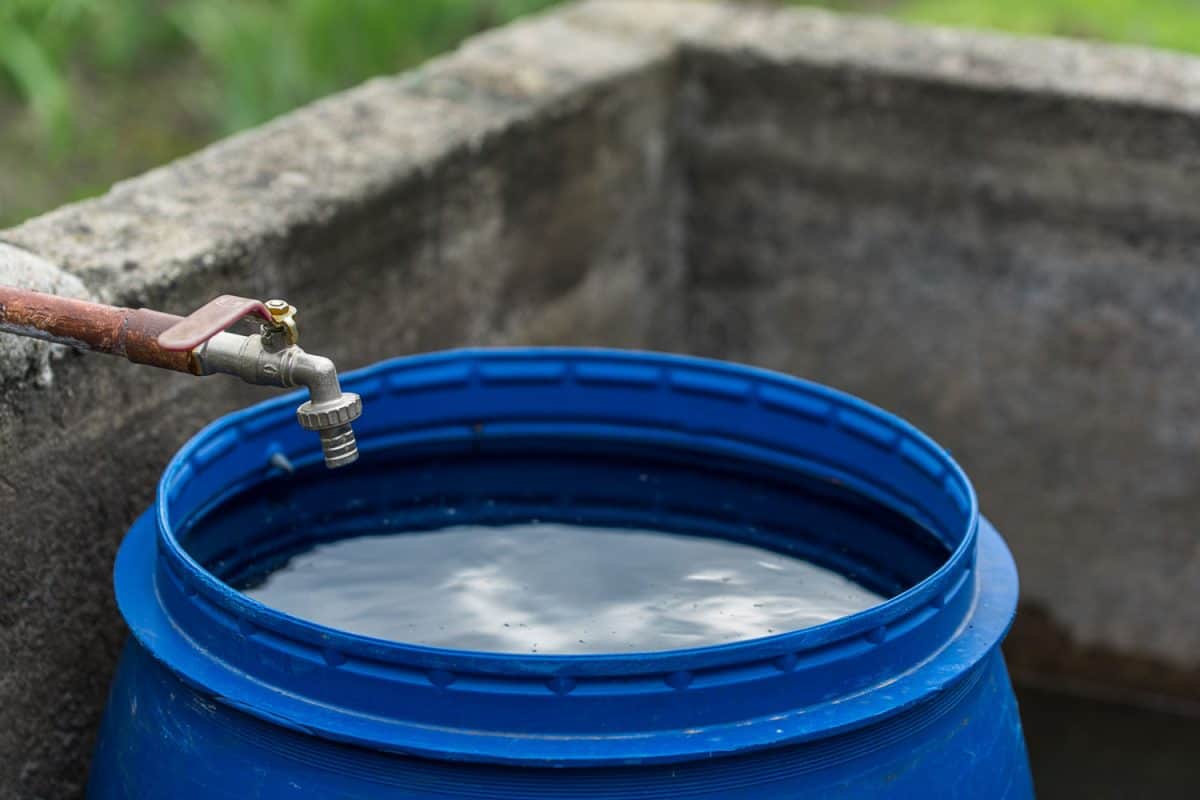
55-gallon water barrels can hold a water supply that can last for a month. The plastic is made with BPA-free and UV-resistant materials, making it safe for water storage in case of unforeseen situations.
Make sure you store these water-filled barrels in a cool, dark area with little to no traffic so you can avoid potential contaminants. Make sure you get a specialty hose to fill up the gallons with water and seal it tight.
A drawback you may consider would be their portability. In case of extreme natural calamities, you may not have the time to load them up on your transport vehicle. If that's the case, it may be wiser to purchase smaller barrels that can be relatively easier to carry.
Prepare store-bought water bottles that each family member can carry individually. It can ensure that you'll still have some water supply in case you can't carry your water barrels.
Check out this water barrel on Amazon.
Water Containers Best for Storage
Reliable water containers can literally be your life-saver in an unexpected situation. Here are containers you can effectively use.
Family Sized Storage Tanks
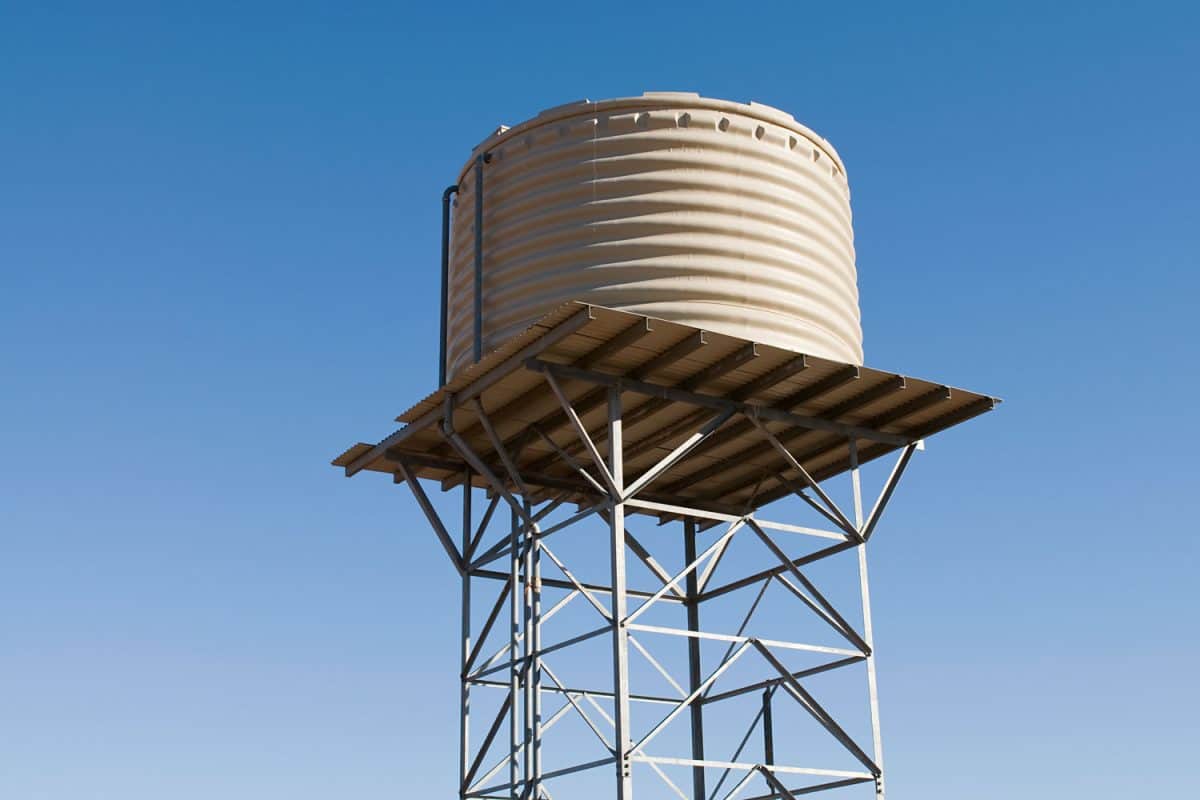
These are typically what you use when there's a water shortage in your area. It is best to have one that can at least save space and has opening caps that you can use to easily fill other water containers. You can also get one that has a quarter-turn tap for maximum convenience--especially in emergency situations.
Check out this storage tank on Amazon.S
IBC Totes
If water drums do not give you enough peace of mind, perhaps you should consider IBC totes.
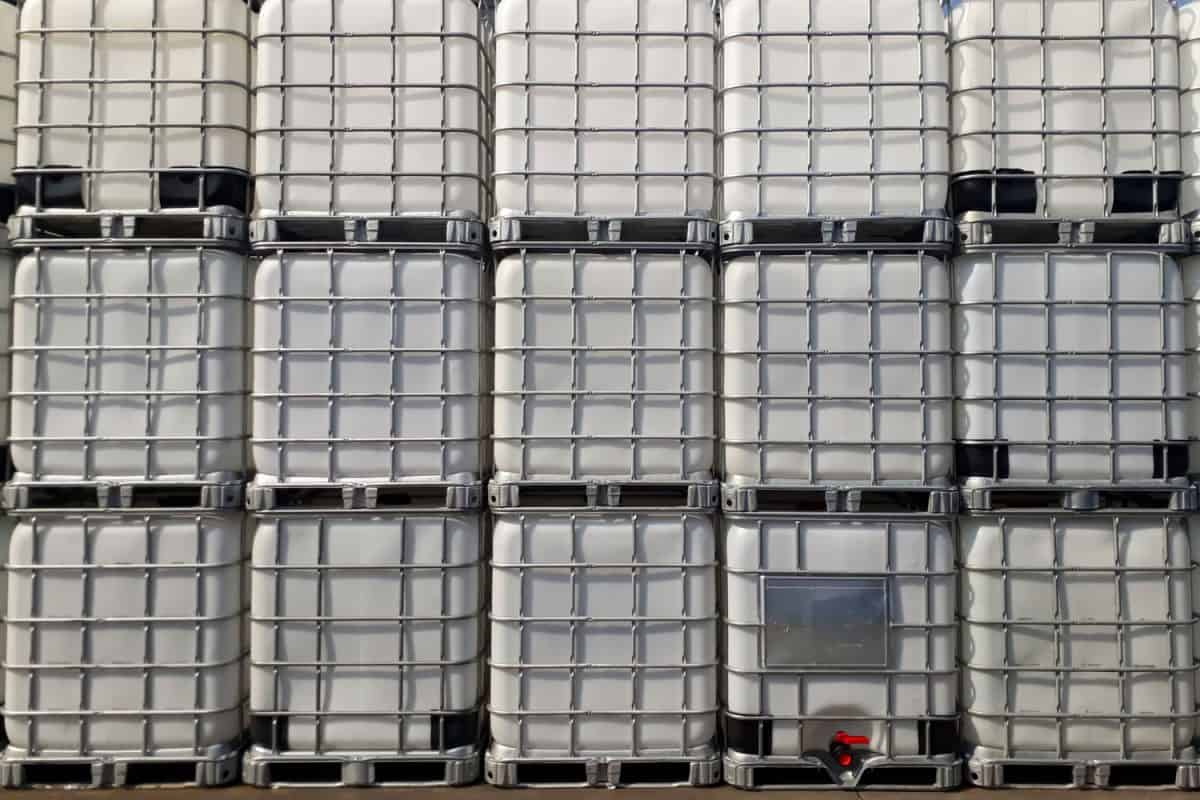
IBC, or intermediate bulk containers, are industrial-grade containers that can store huge amounts of water and prevent contamination effectively. They have more water supply capacity, are reusable, and eliminate product waste completely when you drain them.
Ensure that your IBC totes are food-grade and certified by the DOT/UN by checking the sides for markings.
5-gallon Stackables
If portability is your priority, you should consider getting these 5-gallon stackables. They are easier to transport in case of calamities with their built-in handles, making them ideal for time-sensitive situations.
Check out this 5-gallon container on Amazon.
Final Thoughts
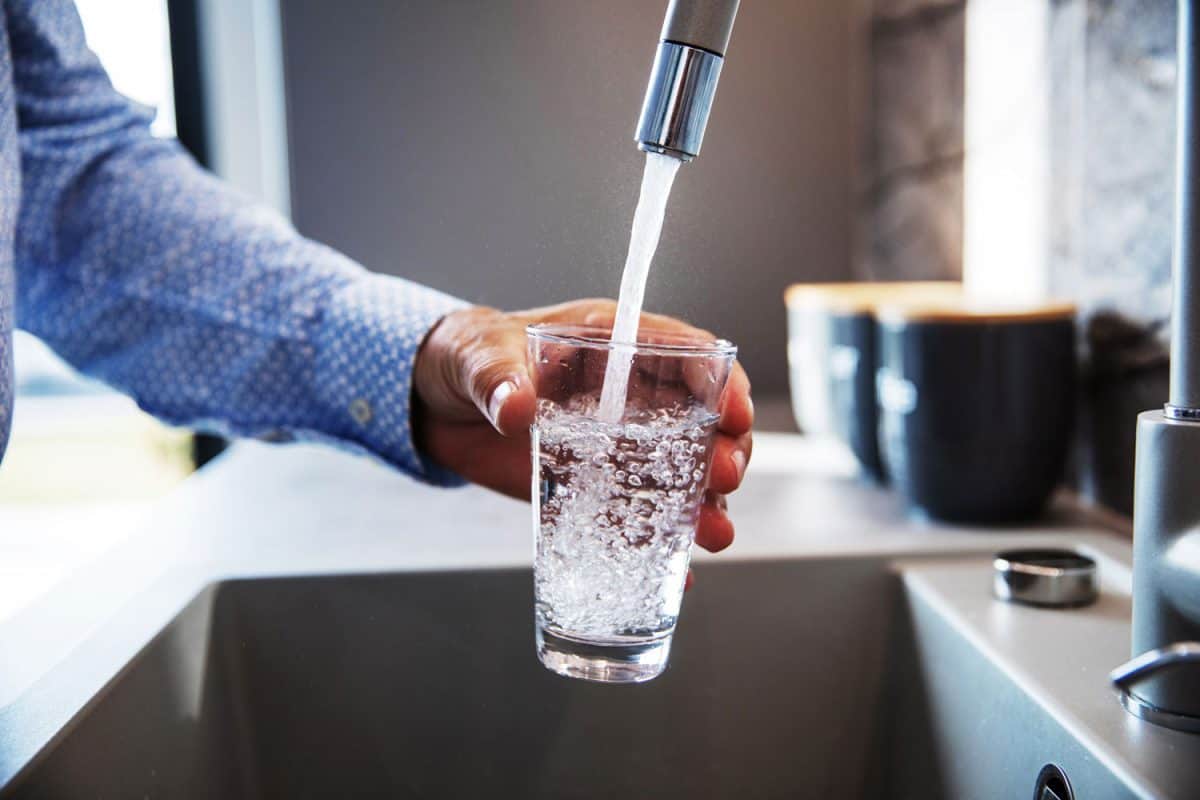
Having some water supply in case anything happens should be a priority for every family or individual. This will ensure better chances of survival if worse comes to worst, and will give you convenience and peace of mind for short-term water supply issues.
If you enjoyed this article, check out "How To Store Zucchini Squash" and "How To Pack Crystal And Stemware For Moving."

